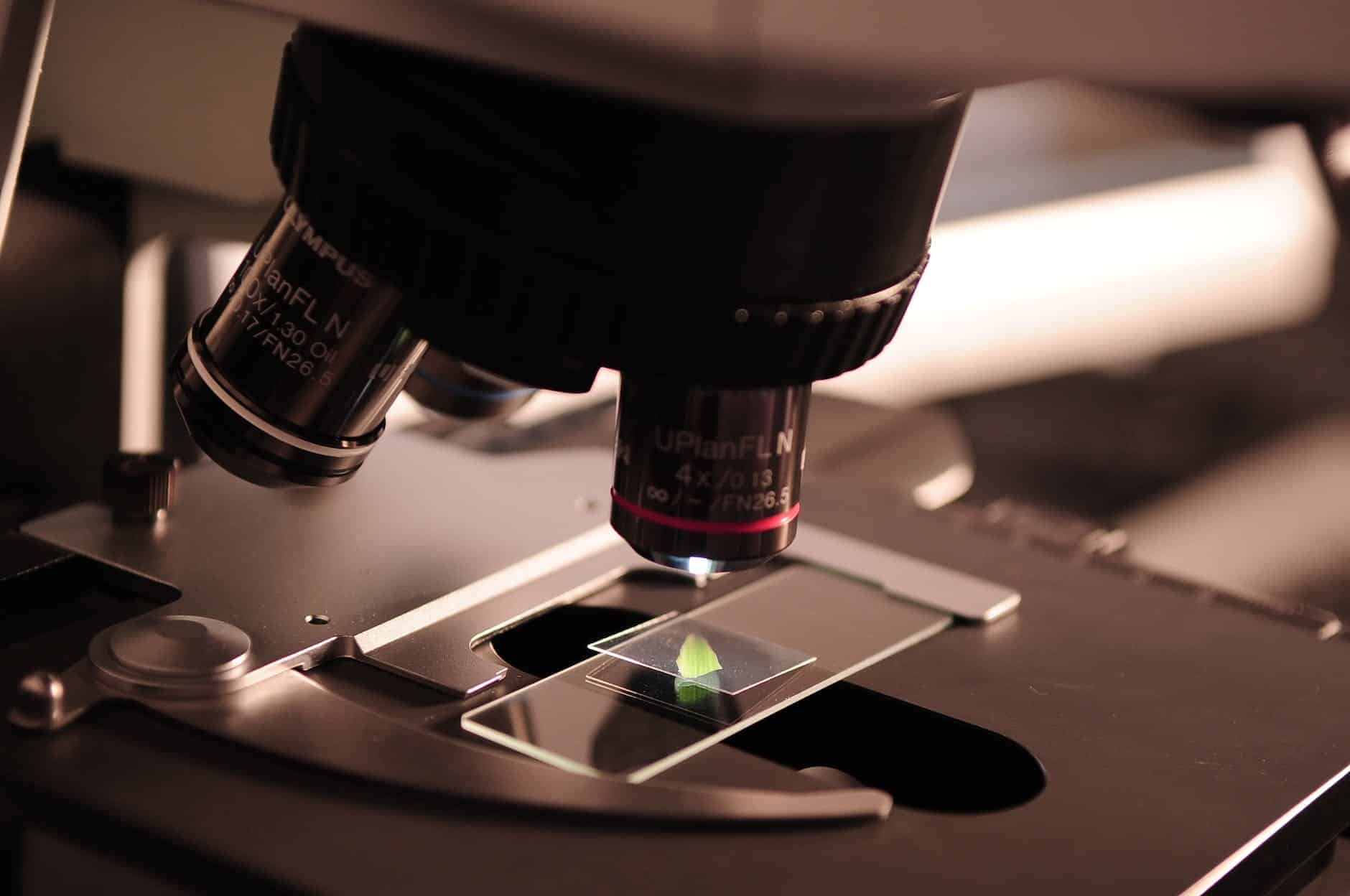Introduction:
The field of life sciences has made remarkable strides in understanding and manipulating the fundamental processes of life. From unraveling the complexities of genetics to developing novel therapies, life sciences have revolutionized our world in countless ways. In this blog, Dr. Philip Sobash will explore the transformative impact of life sciences across various domains, ranging from healthcare to agriculture and beyond.
I. Healthcare: Advancing Diagnostics and Treatment
Life sciences have revolutionized healthcare by enabling precise diagnostics and tailored treatments. The advent of genomics has opened up new avenues for identifying genetic markers and understanding the underlying causes of diseases. This knowledge has led to targeted therapies and personalized medicine, improving patient outcomes and reducing adverse effects. Additionally, breakthroughs in medical imaging, drug delivery systems, and regenerative medicine have transformed the way we diagnose, treat, and manage diseases.
II. Agricultural Advancements: Enhancing Food Security
Life sciences have played a pivotal role in addressing global food security challenges. Through genetic engineering and biotechnology, scientists have developed crops with enhanced yields, resistance to pests and diseases, and improved nutritional value. These advancements have not only increased agricultural productivity but also contributed to sustainable farming practices, reducing the need for chemical pesticides and minimizing environmental impact. The field of life sciences continues to explore innovative solutions for ensuring food security in the face of a growing global population.
III. Environmental Conservation: Preserving Biodiversity and Ecosystems
Life sciences have provided critical insights into the conservation and preservation of our planet’s biodiversity and ecosystems. Through advancements in fields like ecology, conservation biology, and environmental genetics, scientists have gained a deeper understanding of the interconnections between species and their habitats. This knowledge informs conservation efforts, aiding in the protection of endangered species, restoration of ecosystems, and sustainable management of natural resources. Life sciences also contribute to the development of environmentally friendly technologies and practices that promote a harmonious coexistence between humans and the natural world.
IV. Drug Discovery and Development: Transforming Pharmacology
The field of life sciences has revolutionized drug discovery and development, leading to the emergence of novel therapies and treatment approaches. Through the application of cutting-edge technologies like high-throughput screening, computational modeling, and bioinformatics, scientists can identify potential drug candidates with greater efficiency. Moreover, advancements in understanding disease mechanisms at the molecular level have opened up new avenues for developing targeted therapies, immunotherapies, and gene therapies. These breakthroughs have significantly improved patient care and contributed to the management of previously untreatable conditions.
V. Scientific Research: Unlocking Mysteries of Life
Life sciences have provided a foundation for scientific research, enabling us to unravel the mysteries of life itself. The field encompasses a wide range of disciplines, including biology, biochemistry, genetics, neuroscience, and more. These branches of life sciences have deepened our understanding of the intricacies of life at the cellular, molecular, and organismal levels. Through scientific research, we have gained insights into fundamental biological processes, evolutionary mechanisms, and the origins of life, driving innovation and inspiring further exploration.
Conclusion:
The field of life sciences has brought about profound transformations across various domains, including healthcare, agriculture, environmental conservation, drug discovery, and scientific research. Its impact on society is far-reaching, enhancing our quality of life, improving human well-being, and contributing to sustainable development. As we continue to unlock the mysteries of life, it is essential to foster collaboration, ethical practices, and responsible use of life sciences to ensure the benefits are harnessed for the greater good. The revolution catalyzed by life sciences is an ongoing journey, promising a future filled with possibilities and discoveries that will shape our world for generations to come.

